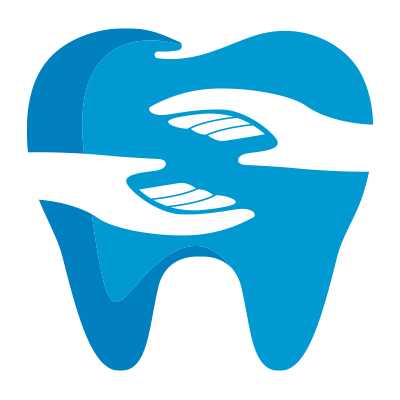The toolkit is a project of the The Florida Oral Health Alliance.
This website is managed by Florida Voices for Health, a coalition of community organizations, businesses, and individuals working to create a health care system that works for every Floridian.
Follow us:
